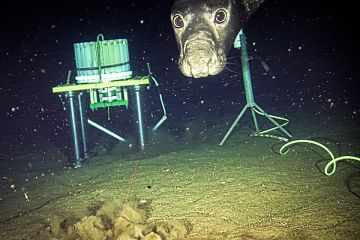Sustainable business challenge taps into student knowledge
Peter B. Gustavson School of Business
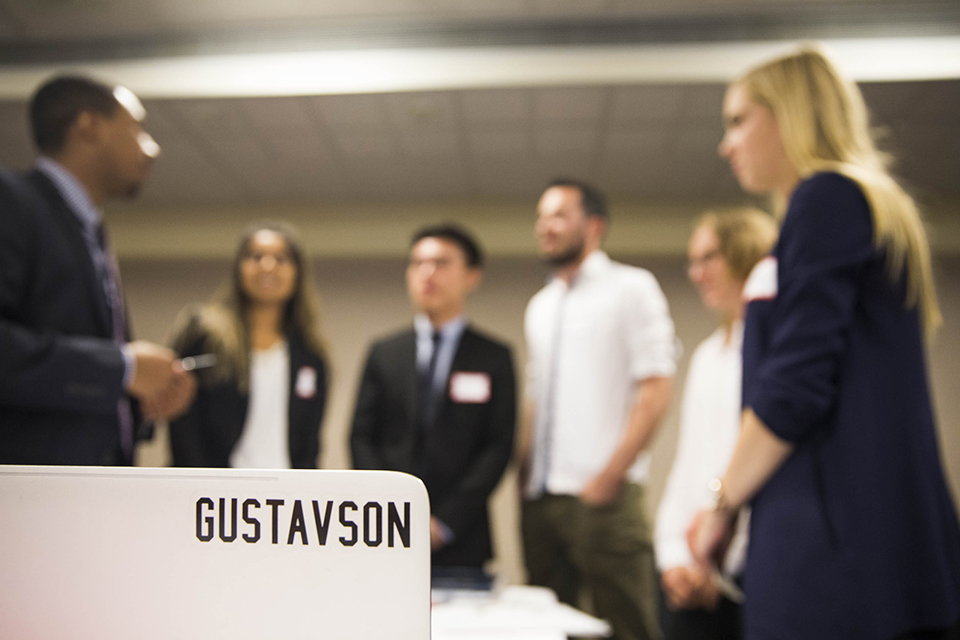
A global challenge
You can’t be sustainable alone.
Every September, third-year BCom students at UVic’s Peter B. Gustavson School of Business get familiar on a small scale with this singular global sustainability problem through the one-day Mission Impossible challenge.
This annual challenge flips the typical student power dynamic right at the beginning of the semester. It immediately makes the international student the expert of the group and requires domestic students to understand how a different culture thinks of sustainability.
—UVic Assistant Teaching Professor Heather Ranson
Teams of domestic students are matched with incoming exchange students and tasked with creating a viable business solution to a sustainability issue in the international student’s country of origin. And the only way to succeed in this format is to quickly understand and embrace the strengths inherent in different cultural perspectives of teamwork and sustainability.
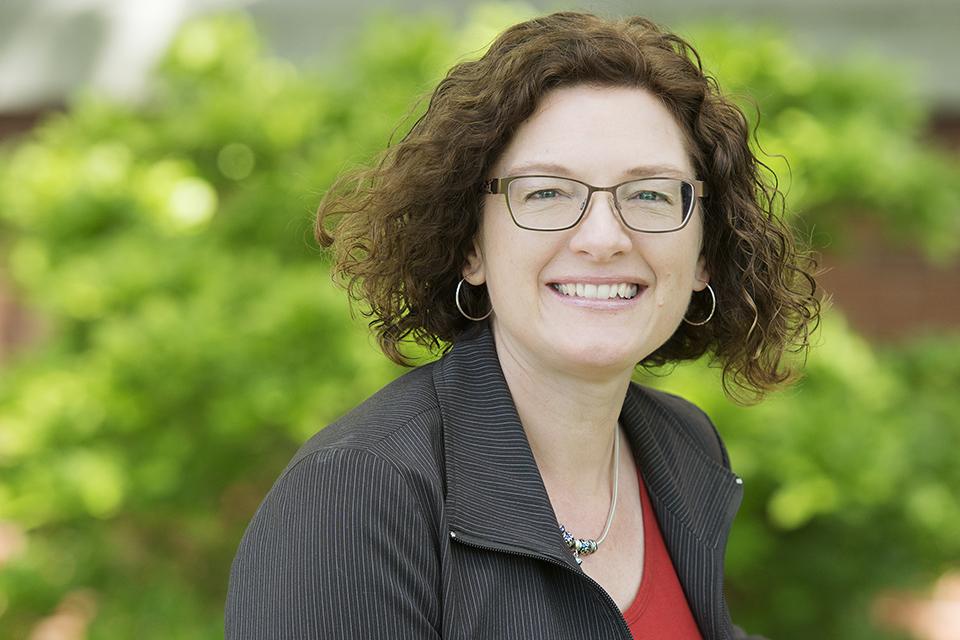
Heather Ranson, who has taught sustainable business at Gustavson for more than 10 years and recently published a paper on how Mission Impossible’s framework addresses persistent issues on international student teams, says that “sometimes a team will be figuring out how to work together all morning, and will only come up with an idea to pitch five minutes before the judges are at their table.”
At the start of the day, students meet their teammates and are briefed on the project for the first time at 8:30 a.m. They are then expected to have identified a sustainability issue, built a business plan to address it and practiced pitching it as a group—all of this by 1 p.m.
Because of the time restrictions to the format, there is little flexibility for ironing out wrinkles in team dynamics. “They are expected to work as a team for the rest of the semester, so this project kickstarts their growth and helps identify challenges they may have in future,” Ranson adds.
“In general, however, students pretty quickly focus on the project goal, international students lean into the role of expert instead of feeling sidelined because they aren’t as familiar with the Canadian context, and this sets the stage for deeper collaboration over the rest of the semester.”
MIIISsion Impossible
Mission Impossible is technically MIIISsion Impossible, a nod to Gustavson’s emphasis on international, integrative, innovative and socially responsible/sustainable values.
The idea was originally conceived by Monika Winn, a professor of business strategy and sustainability at Gustavson, as a way to expand the scope of sustainability issues covered in a required third-year course, COM 362: Business and Sustainability.
The Mission Impossible challenge has grown and morphed over the years. Now it is a rite of passage for all BCom students entering their core year at Gustavson.
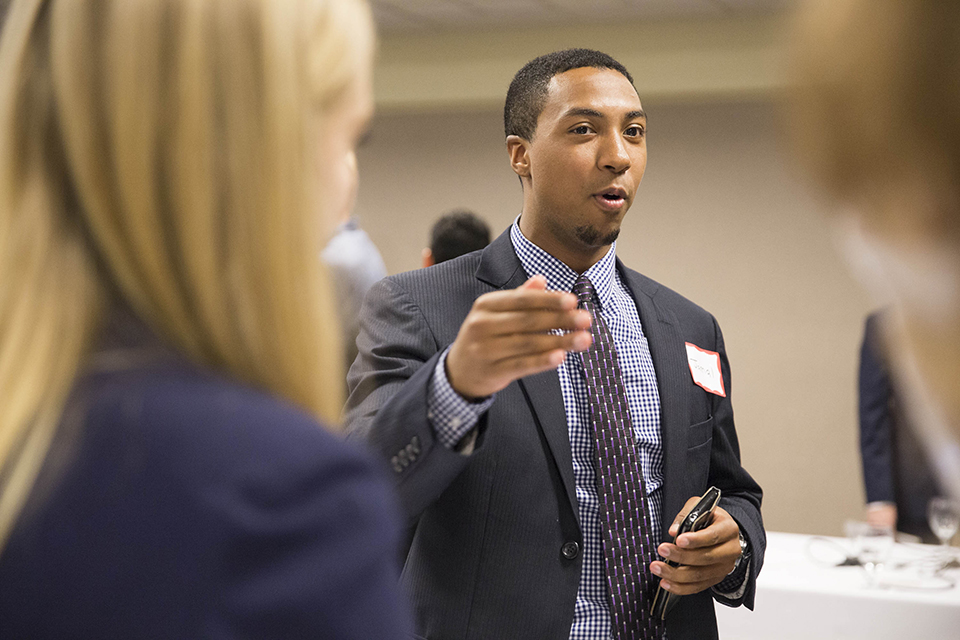
Dozens of judges, hailing from local businesses and faculties across campus, evaluate student pitches and ultimately select five winners from approximately 60 teams, composed of more than 300 students.
It’s a massive organizational undertaking for the BCom administrative team and relies heavily on community support.
Impressive results in one day, for years to come
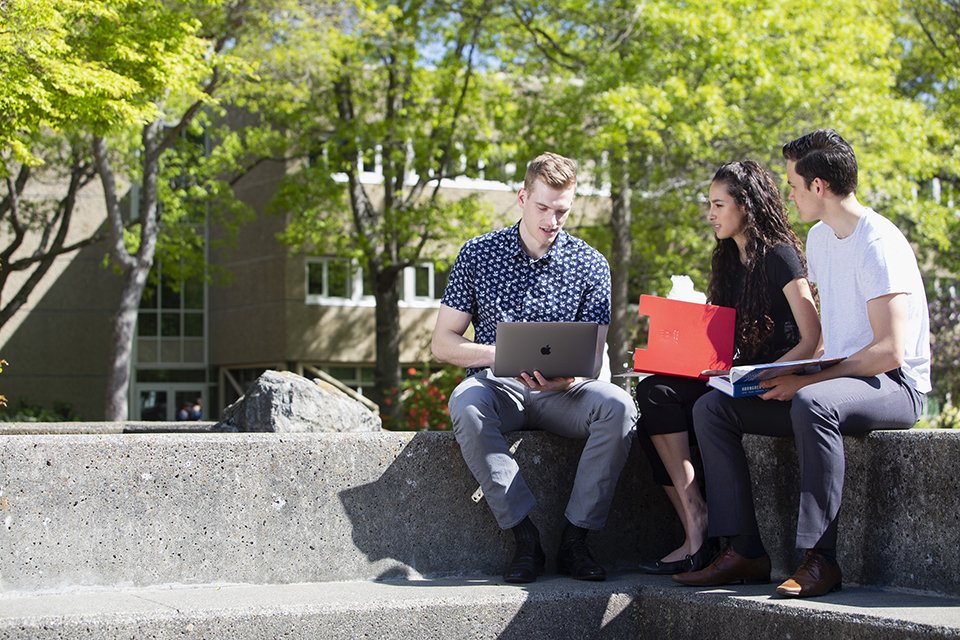
The collective student brainpower applied to questions of international sustainability on this one day have yielded some impressive—and viable—ideas over the ten-plus years that the challenge has been in action. These include: bicycle delivery systems; LED-lit gardens in abandoned buildings; cricket protein bars; and even a chopstick-to-furniture recycling program for China that began at Mission Impossible and went on to win $15,000 at the Walmart Canada Green Student Challenge in 2013.
Arguably, however, the most significant and lasting outcome of this project is the shift in students’ understanding of the nuanced challenges facing sustainability questions on the global stage.
My team found the experience to be eye-opening. We often forget the challenges other nations face in terms of food security, urban planning, or how to achieve sustainable practices that meet the needs of today without compromising those of the future.
—Andres Agresot, a BCom student who attended Mission Impossible 2018
Andres Agresot, who is currently on exchange in Singapore and was a participant of the challenge last year, identifies a common issue: sustainability is a global concern, but we often only view it from an individual or local perspective.
Sustainability comes up early
Ranson says the range of student familiarity with sustainability topics is something that comes up early and often in the business and sustainability course.
“Take the example of extended producer responsibility, or EPR. The idea is that the producer is held accountable for the waste they generate, so if they are shipping TVs packed in Styrofoam, they might have to pay for a recycling program in the country they are shipping to,” she points out.
“It’s just emerging in Canada, but many European students will be nodding along and saying, ‘yes, we’ve been doing that for years,’ and most of the Asian students will be saying, ‘EP-what?!’
“That’s why Mission Impossible, and starting these conversations early in the term, is such important table setting.”
Find out more
Photos


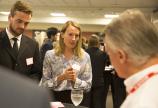
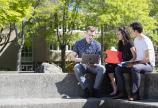
In this story
Keywords: international, business, sustainability
People: Heather Ranson, Monika Winn



